
Home
Publications
Publications
Showing 0 to 0 of 0 results
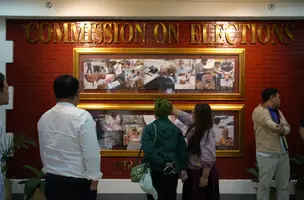
Statements
2025-05-15T15:44:11
Machine Failures, Dynasties, Harassment and No Secret Ballot: Southeast Asian MPs Question 2025 Philippine Midterms Integrity
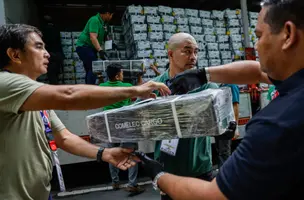
Statements
2025-05-10T13:37:57
LAUNCH STATEMENT: Southeast Asian lawmakers probe violence, dynasties, state resource abuse and disinformation in the 2025 Philippine Midterm Elections
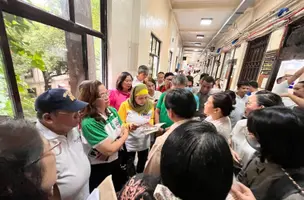
Statements
2025-01-15T12:45:00
Southeast Asian MPs Condemn the Fabricated Charges Against 10 Opposition Senatorial Candidates, a Bayan Muna Partylist Nominee, and Sectoral Leaders in the Philippines
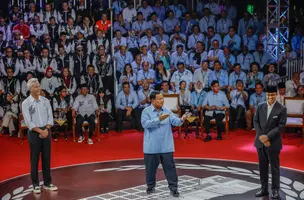
Reports
2024-03-28T15:26:49
Fact-Finding Mission: Assessing Online Fundamental Freedoms during the 2024 General Elections in Indonesia
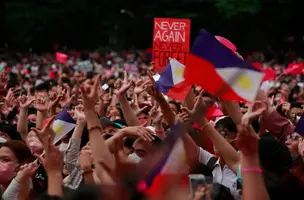
Reports
2024-03-28T15:23:04
Fact-Finding Mission: Impact of Online Disinformation in Elections and Democracy in the Philippines
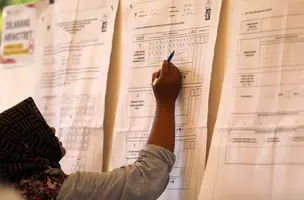
Statements
2024-02-21T10:01:38
Indonesia’s elections raise grave concerns for human rights in the country and the region, Southeast Asian MPs say
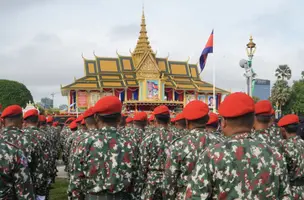
Open Letters
2023-12-13T09:21:45
Open Letter raising grave concerns over the human rights situation in Cambodia and serious democratic threats in the upcoming 2024 Cambodia Senate Election

Statements
2023-11-28T09:35:45
Indonesia should set example for region during election season, Southeast Asian MPs say
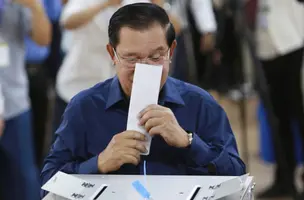
Statements
2023-07-24T11:01:33
Southeast Asian MPs and international CSOs denounce undemocratic elections in Cambodia, urge international community not to lend legitimacy to Hun Sen’s regime
TOP
ASEAN Parliamentarians for Human Rights (APHR) was founded in June 2013 with the objective of promoting democracy and human rights across Southeast Asia. Our founding members include many of the region's most progressive Members of Parliament (MPs), with a proven track record of human rights advocacy work.
Copyright © 2024-2025 All Rights Reserved - ASEAN Parliamentarians for Human Rights (APHR)
Website by Bordermedia